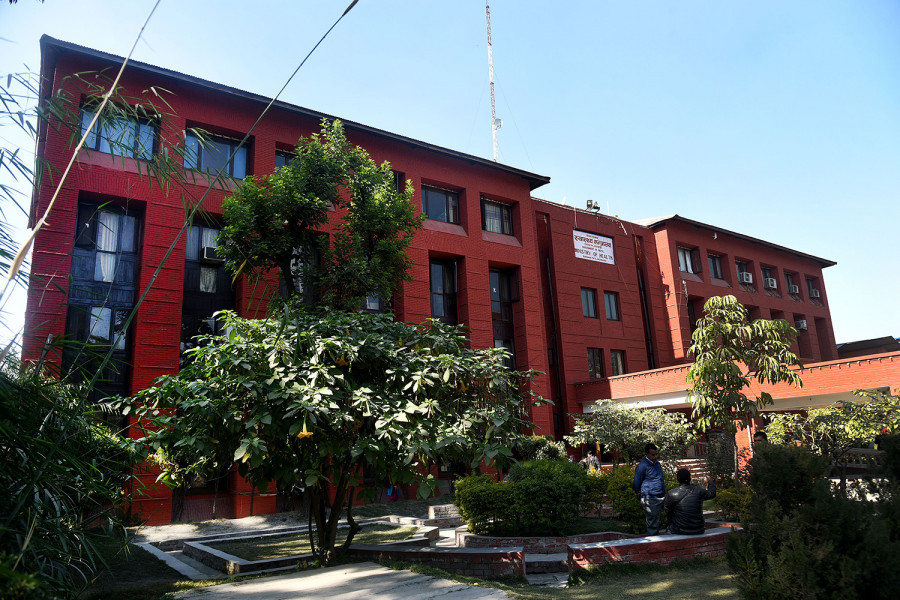Health
Adolescents to be included in mothers’ health groups
Officials hope the inclusion of adolescents in mothers’ groups will help sort out their problems.
Arjun Poudel
The Ministry of Health and Population has decided to include adolescent boys and girls in mothers’ health groups to sort out issues related to youths.
"We believe that most issues of adolescents will be sorted out easily if they are discussed in mothers’ health groups," Roshani Laxmi Tuitui, director at the Nursing and Social Security Division under the Department of Health Services, told the Post. "Our female community health volunteers and other members of the groups can handle the issues in a better way."
In Nepal, 23 percent (about 7 million) of the population comprises of adolescents between the ages of 10 to 19 years. Most of them are confronted with adolescent problems early into the age bracket, according to the Ministry of Health and Population.
Early marriage, early pregnancy, school dropout, use of drugs, addiction to social media networking and behavioural changes, among others, are common problems facing the young adult population of the country today.
Dr Punya Poudel, the focal person of safe motherhood unit at the Family Welfare Division under the Department of Health Services, said the participation of health volunteers in adolescent programmes will help in the early detection of problems and make them less complicated.
"Our female community health volunteers would ask adolescents to hold meetings and discuss their problems," Poudel said. "The volunteers would coordinate only when the children cannot sort their problems by themselves. Existing communication gap between parents and children would also lessen if they start discussing their problems openly.”
Adolescent children in Nepal have been facing multiple problems and parents have failed to take the children's concerns seriously, according to Poudel.
The World Health Organization estimates that 2,261 boys and 1,447 girls between 10 to 19 years of age die annually in Nepal.
Earlier, mothers’ groups consisted of mostly married women and mothers who would discuss health issues, use of contraception, nutrition issues, family disputes and other issues. But now, the groups have started discussing different issues related to their adolescent children— demands for gadgets, puberty issues, drug addiction and behaviour change.
"We have been told that adolescent children must be included in our meetings and trainings would be imparted to us accordingly,” said Saraswati Karki, a female community health volunteer.




 9.51°C Kathmandu
9.51°C Kathmandu















